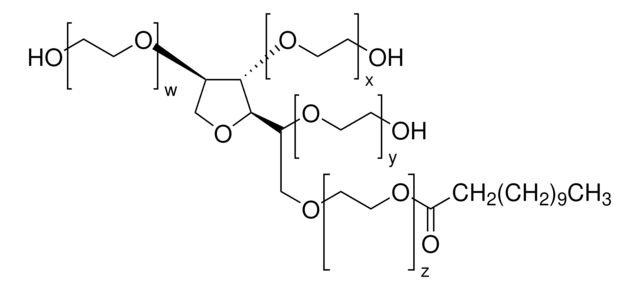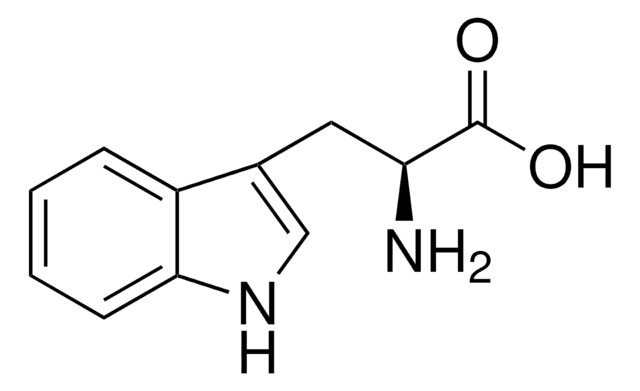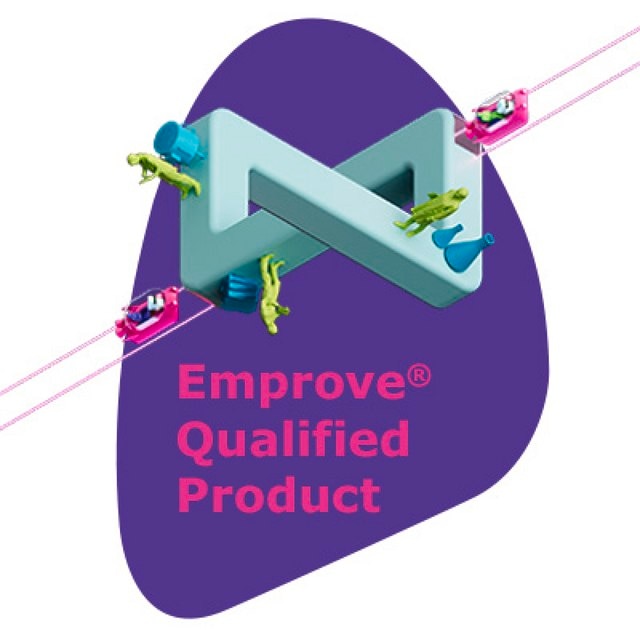93773
TWEEN® 20
viscosity 250-450 mPa.s (25 °C)
Synonym(s):
Polyethylene glycol sorbitan monolaurate, Polyoxyethylenesorbitan monolaurate
About This Item
Recommended Products
description
non-ionic
Quality Level
form
viscous liquid
mol wt
~1228
technique(s)
DNA extraction: suitable
RNA extraction: suitable
cell culture | mammalian: suitable
protein purification: suitable
refractive index
n20/D 1.468 (lit.)
n20/D 1.471
viscosity
250-450 mPa.s(25 °C)
HLB value
16.7±1.0
density
1.11 g/mL at 20 °C
1.095 g/mL at 25 °C (lit.)
SMILES string
CCCCCCCCCCCC(=O)OCCOCC(C1C(C(CO1)OCCO)OCCO)OCCO
InChI
1S/C26H50O10/c1-2-3-4-5-6-7-8-9-10-11-24(30)34-19-18-31-20-22(32-15-12-27)26-25(35-17-14-29)23(21-36-26)33-16-13-28/h22-23,25-29H,2-21H2,1H3
InChI key
HMFKFHLTUCJZJO-UHFFFAOYSA-N
Looking for similar products? Visit Product Comparison Guide
Related Categories
General description
Application
- as an emulsifying agent for the preparation of stable oil-in-water emulsions
- in pre-extraction of membranes to remove peripheral proteins (used at 2% for extraction of membrane-bound proteins)
- as a blocking agent for membrane based immunoassays at a typical concentration of 0.05% - 1%
- for lysing mammalian cells at a concentration of 0.005 to 0.5%
- for rehydrating tissue before in situ hybridization
Biochem/physiol Actions
Features and Benefits
- Suitable for protein purification and DNA and RNA extraction
- Suitable for mammalian cell culture
- High purity product for research applications
Caution
Other Notes
Legal Information
comparable product
wgk_germany
WGK 3
flash_point_f
527.0 °F
flash_point_c
275 °C
ppe
Eyeshields, Gloves
Certificates of Analysis (COA)
Search for Certificates of Analysis (COA) by entering the products Lot/Batch Number. Lot and Batch Numbers can be found on a product’s label following the words ‘Lot’ or ‘Batch’.
Already Own This Product?
Find documentation for the products that you have recently purchased in the Document Library.
Customers Also Viewed
Our team of scientists has experience in all areas of research including Life Science, Material Science, Chemical Synthesis, Chromatography, Analytical and many others.
Contact Technical Service


